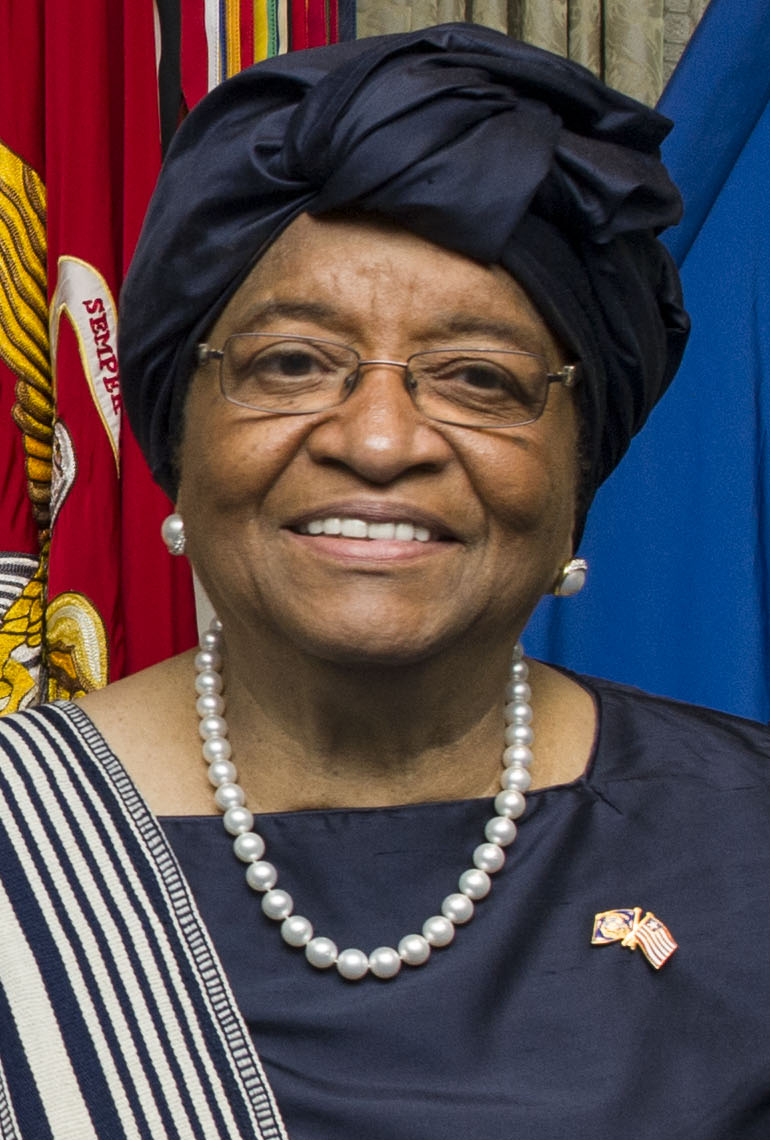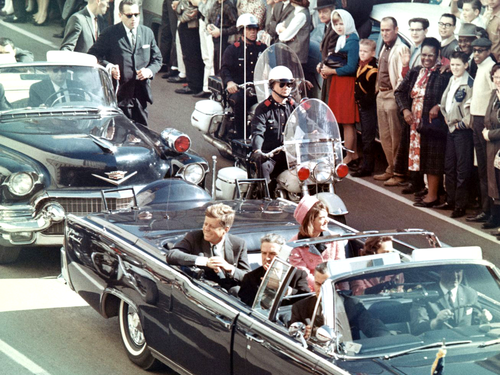This Day in History: 30 November 2019
30 November 1786
233 years ago, today, the Holy Roman Emperor and Grand Duke of Tuscany, Leopold II, established a penal reform, making Tuscany, modern day Italy, the first state to abolish the death penalty. This later lead to November 30th being commemorated as the 'Cities for Life Day'. In 1764, Cesare Beccaria, one of the greatest Italian Enlightenment writers, wrote 'Of Crimes and Punishments', in which he wrote some of the first modern arguments against the death penalty. His book was also, in turn, the first full-scale work to criticise criminal reform and suggest that criminal justice should stick to rational standards. As a consequence, Leopold II abolished the death penalty, and made Tuscany the first state to get rid of torture and capital punishment. Since this, further elimination of the death penalty has been increasing, and in 2012, 141 countries had also abolished it.
On the 'Cities for Life Day', many cities around the globe, such as Rome, Madrid, Vienna, and Brussels, celebrate this first abolition of the death penalty by Leopold II. The participating cities show their commitment for life and opposition of the death penalty by illuminating a symbolic monument, such as the Colosseum in Rome and the Plaza de Santa Ana in Madrid. Through this, the cities demand an end to all executions worldwide. In 2005, the Cities for Life Day also featured the 'Africa for Life' conference about the death penalty in Africa, that took place in Florence, Tuscany.
Want to find out more about this day? Visit http://www.worldcoalition.org/cities.html for a number of articles and videos about the day to remember lives.









